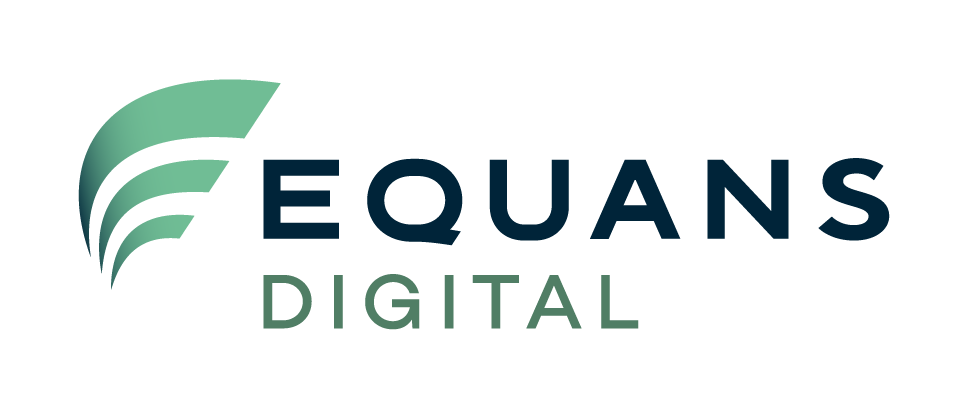Computer or network security, also known as cybersecurity, refers to the set of measures, policies, procedures and technologies put in place to protect computer systems, networks, data and information from unauthorized access.
The main aim of IT security is to reduce the risks associated with IT threats, prevent security incidents, protect data and systems from damage or loss, and guarantee the confidentiality, integrity and availability of information. It requires a multidimensional approach that includes technical measures, policies, procedures, training and user awareness.
What are the IT security challenges facing companies?
Today, computer attacks are becoming increasingly common, sophisticated and targeted at businesses. Cybercriminals are stealing corporate data and putting it to malicious use. They are constantly developing new techniques to gain access to systems.
The key challenge for businesses is to keep abreast of new threats and implement appropriate protection measures.
Why is IT security important in the corporate world?
Firstly, it's important because it ensures the protection of the data of the company that implements it against unauthorized access, leakage, accidental or malicious modification or deletion. Data is a valuable asset for companies, whether it's confidential information, customer data or financial data. A breach of security can result in financial loss, loss of privacy and damage to reputation.
Network security is all the more important because it ensures the confidentiality of the company's customer-related information (personal and financial). In fact, it reinforces customer trust, fosters loyalty and can give a competitive edge.
Note that many industries are subject to strict data protection and privacy regulations. compliance with legal and regulatory standards is essential to avoid sanctions, fines or legal disputes. IT security therefore enables companies to comply with requirements and guarantee the integrity of its data.
Finally, IT security includes data backup and recovery measures as well as business continuity plans. This enables the company to minimize downtime and guarantee the availability of essential services. The risks of business interruptions are therefore more limited.
What are the IT security challenges facing companies?
For companies, there are several solutions and best practices for securing their computer network:
- Implement protective measures such as firewalls, antivirus, intrusion detection, access policies etc.
- Perform regular updates of software, operating systems and applications used on the network. These often include important security patches to address known vulnerabilities.
- Implement strong authentication, such as the use of complex passwords for example.
- Allocate access privileges to network resources and data according to the specific needs of each user.
- Make regular backups of important data and store them in a secure location.
- Implement network monitoring tools to detect abnormal or suspicious activity, as well as to identify potential vulnerabilities.
- Regularly educate network users about good security practices. Appropriate training can reduce the risk of human error and insecure actions.
To assess your infrastructure and be advised on the best practices to implement, it is recommended to call on IT security professionals.
Equans Digital, your partner to guarantee your company's IT security
Our experts have in-depth knowledge of the latest threats, attack techniques and security best practices.
Their expertise enables them to identify vulnerabilities specific to your business.
Through an audit, Equans Digital implements concrete measures to guarantee the security of your IT network and recommends appropriate security measures.
This will ultimately enable you to continue your development, with complete peace of mind.

